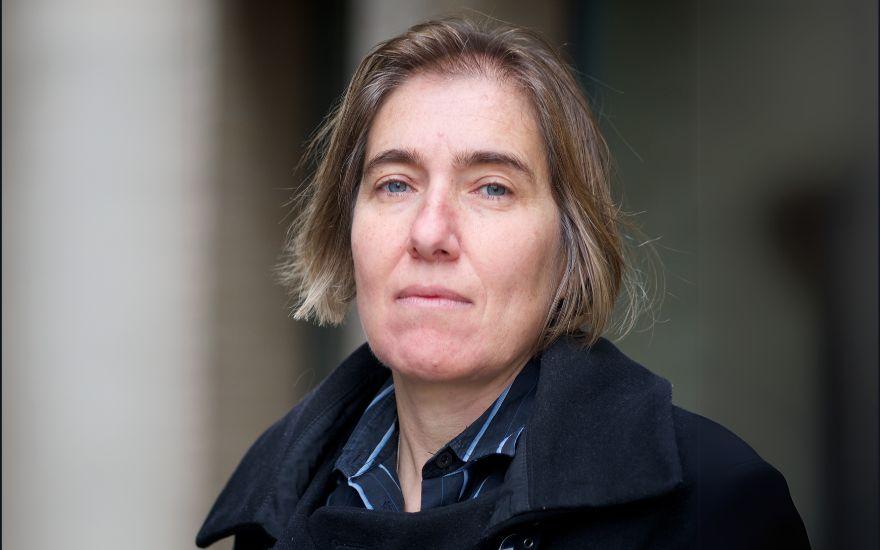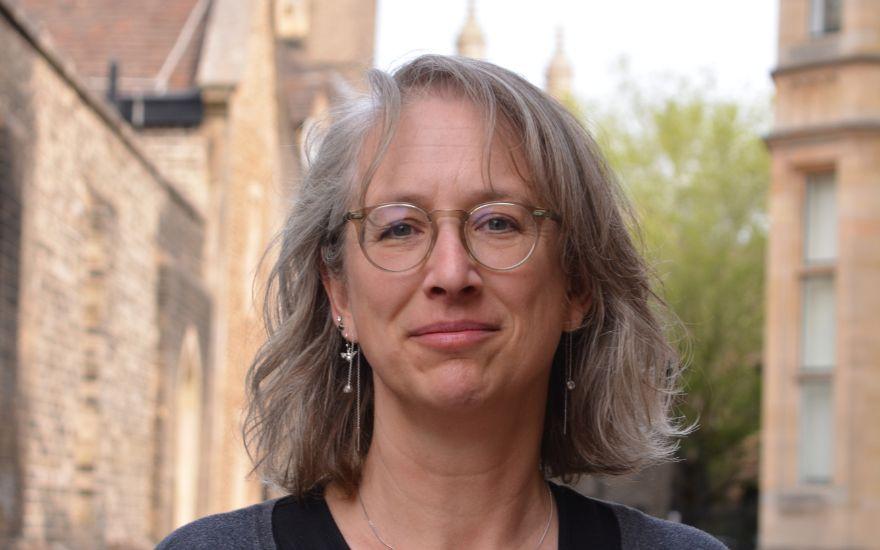Studying History and Politics at Clare provides the opportunity to have supervisions and lectures from leading experts in History and Politics. You will be encouraged to consider political ideas from the perspective of both disciplines, and during small group teaching and individual supervision, engage in debate.
Overview
The minimum offer level is A*AA at A-level, or 7 7 6 (42+ overall) from Higher Level subjects in the IB. We may ask that the A*/HL7 be achieved in a specific subject from those you are currently taking. For other qualifications, please see the University entrance requirements page.
A level/IB Higher Level History or equivalent.
Besides History, other writing-intensive, essay-based subjects will be useful preparation. .
Written work required to apply
Two history essays will be required between roughly 1500 and 2500 words and including teachers’ comments, if possible. We will not accept short answers based on document exercises or non-history essays; nor will we accept exam answers. The essay should be on a topic which has engaged your interest, and on which you feel you have something to say. Above all it should contain an argument. Each written work submission should be a stand-alone piece, rather than excerpted from a longer essay that exceeds the parameters above.
History and Politics at Clare
The eight weeks of each term revolve very much around supervisions and essay writing. A typical workload over a two-week period in the first and second year will be 16 hours of lectures and three essays for supervisions.
In the third year this work pattern will vary more between individuals depending on the papers you choose and whether you do a dissertation.
Students at Clare are expected to work hard, but the college also works hard to support them as they do so.
We appreciate that our students may come to university with diverse expectations and experience, and their needs as individuals may vary considerably and try hard to provide an environment in which students of all kinds will be able to make the most of their potential.
Visit the University's subject page for more information.

Helen has been a Director of Studies at Clare since 1995 and has taught Politics to every generation of Clare students since then. She is the Director of Studies for Part I Human, Social and Political Sciences and for Part II Politics and International Relations. Her most recent book is Oil and the Western Economic Crisis. She has published articles in recent years on Brexit, the euro zone crisis, and the 2007-8 financial crash.

Dr Lazar researches collective and radical politics in Latin America. Most recently her work has focussed on labour movement activism in Argentina. She is also interested in social movements and citizenship action more broadly, especially in moments of social upheaval. Her previous work was in El Alto, one of the most important centres of political radicalism in Bolivia in the early 2000s.

Dr Foyster's field of research is the social history of Britain from the seventeenth to the mid-nineteenth century, with particular interests in the history of the family. Her research examines historical experiences of mental health and illness, learning disabilities, and causes of mortality in early nineteenth-century Britain.

My interest in African history arises from having spent some of my childhood in the ancient Yoruba city of Ile-Ife, where I completed my primary schooling and also attended secondary school. After a short spell at a comprehensive school in Leeds, Yorkshire, I went back to my home country of Australia, where I developed a strong desire to return to Nigeria and discover more about its past. My PhD examined chieftaincy in the Yoruba city of Ibadan during the pre-colonial and colonial periods. My current project is titled ‘Crowds in World History’. Partly inspired by my work on African urban cultures, it explores ‘the crowd’ as a social and historical category.

